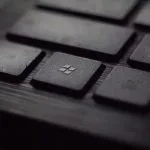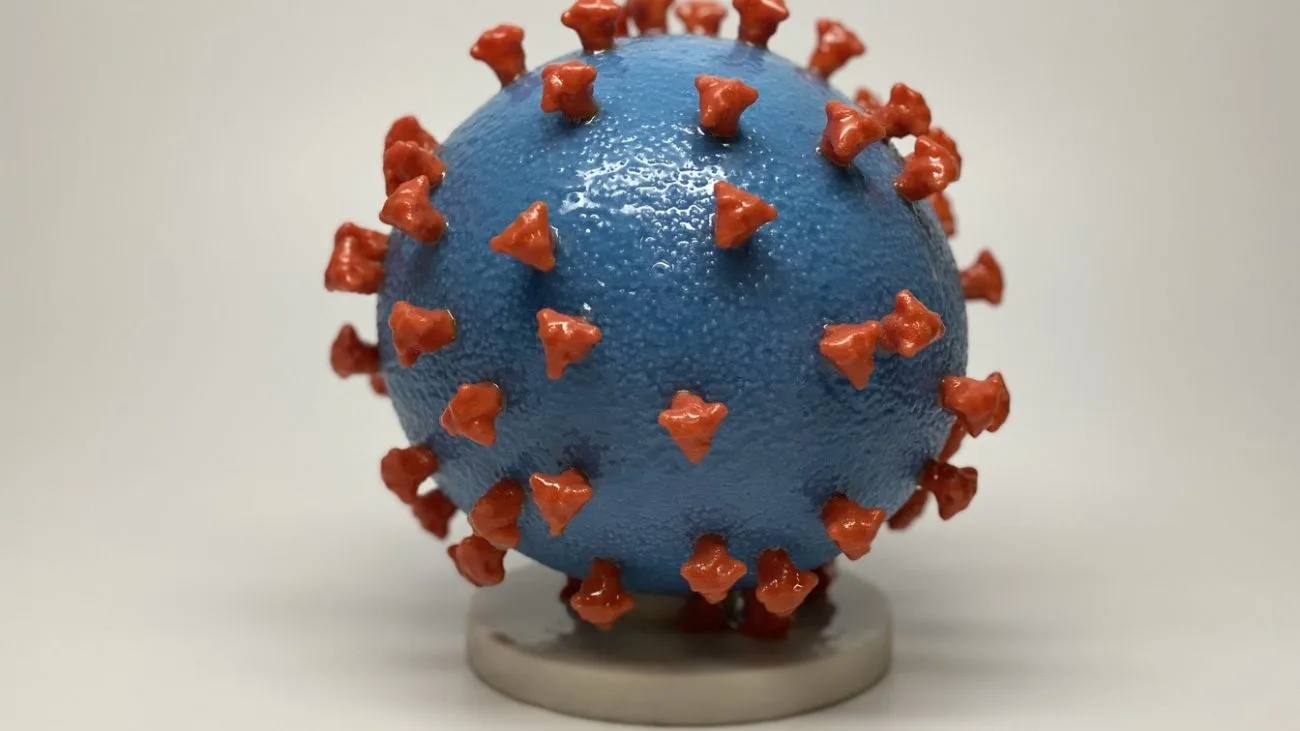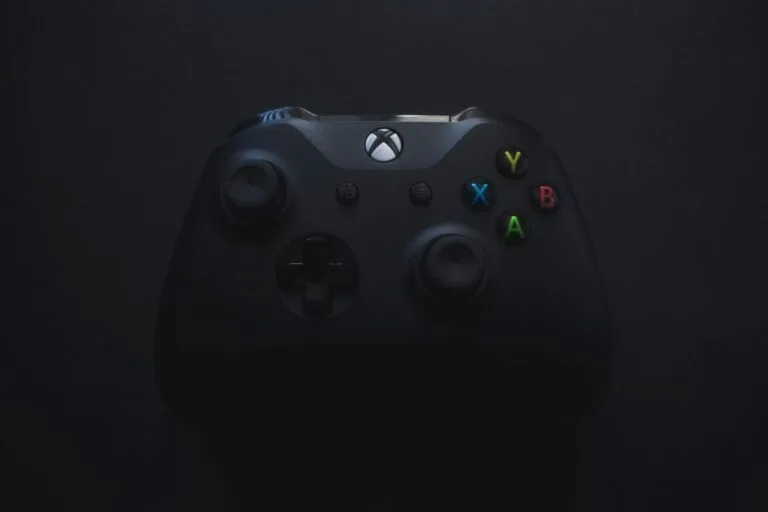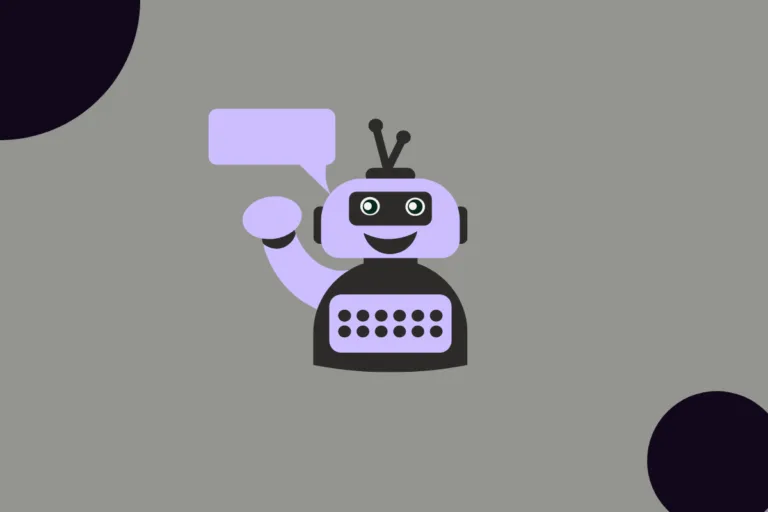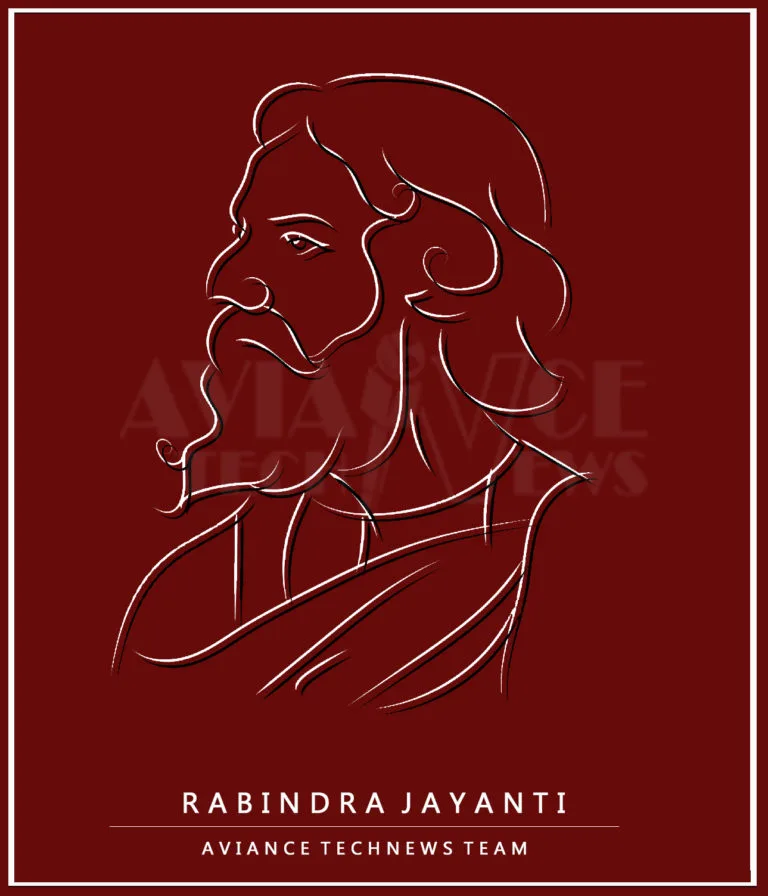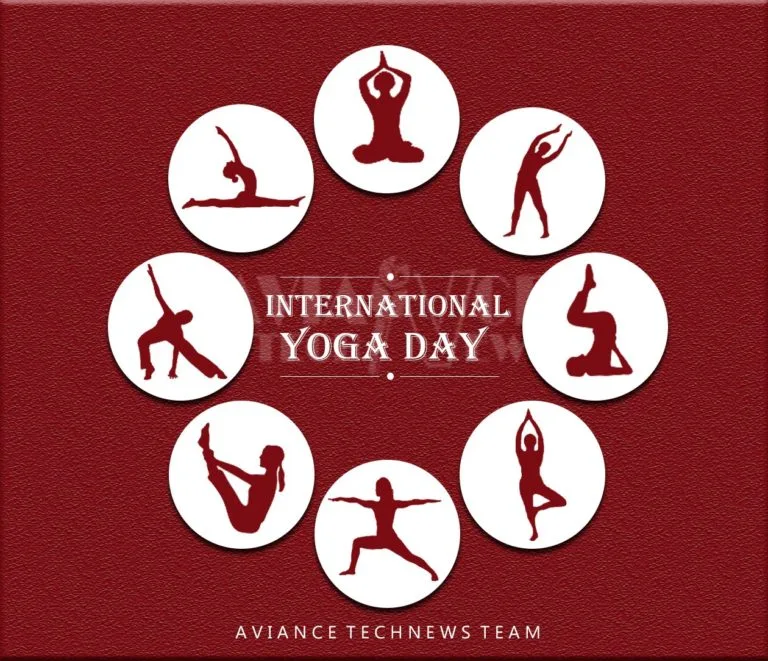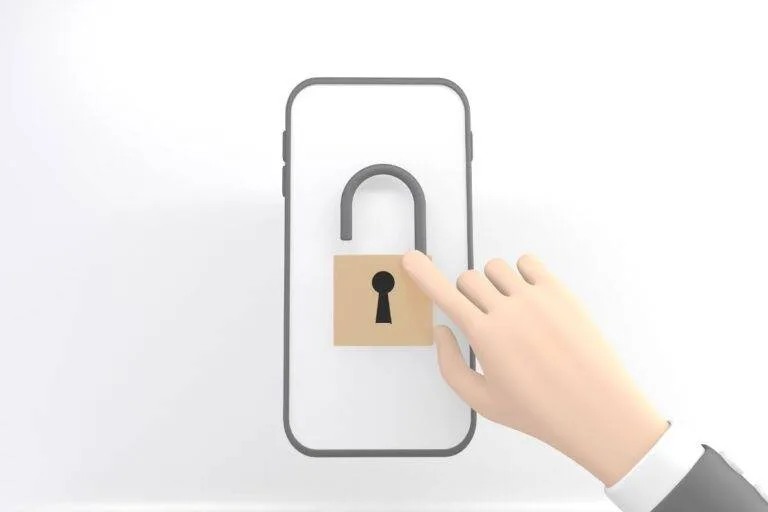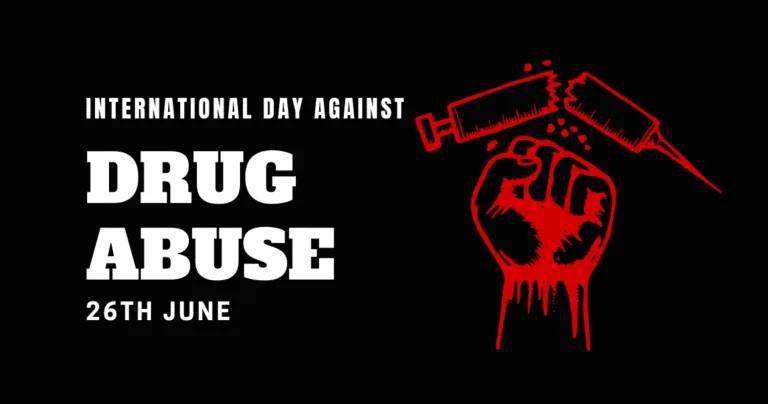[responsivevoice_button rate=”1″ pitch=”1.2″ volume=”0.8″ voice=”US English Female” buttontext=”Story in Audio”]
New Disinfectant Can Kill Coronavirus on Surfaces for 90 Days

Hong Kong was one of the early epicenters of the coronavirus pandemic, and public health officials are only beginning to get a handle on the situation. A new type of disinfectant could help bring down COVID-19 infections, and combat future diseases. Researchers from the Hong Kong University of Science and Technology (HKUST) have developed a disinfectant that can protect surfaces for up to 90 days.
Currently, public health officials recommend using substances like bleach to clean surfaces. That will kill the SARS-CoV-2 virus and most other microorganisms. However, the protection is short-lived. The antimicrobial properties of traditional disinfectants decline rapidly as the substances evaporate. As soon as someone touches that surface again, it’s a potential vector for disease transmission. The new “MAP-1” disinfectant from HKUST addresses that by holding its sterilizing payload in reserve for when it’s really needed.
MAP-1 is a spray that coats and evaporates on surfaces, but it’s much more advanced than bleach or alcohol. The spray carries millions of polymer nanocapsules that adhere to surfaces and remain there after the carrier liquid has dried. These non-toxic capsules contain a disinfectant that remains in suspension until touched. The heat from a hand or moisture activates the capsules, releasing disinfectant onto the surface. It’s not only effective on coronavirus, but also on other viruses like measles and rubella and potentially dangerous bacteria.
The longevity of MAP-1 will vary based on how often someone touches it, but HKUST says it can last for up to 90 days. The nanocapsules can adhere to hard surfaces like door handles, countertops, and handrails, but it also works on soft materials like fabric, plastic, and more. Following testing by HKUST, a company called Germagic has signed on to manufacture and distribute MAP-1, which it has confusingly branded as “Germagic Thyme.”

The nanofiber material that makes up the wall of the nanocapsules.
Germagic has already applied the material to more than one-thousand low-income homes in Hong Kong. These homes usually have many residents living close together, which makes disease transmission a greater threat. Coating large public areas like schools might cost a few thousand dollars, but that’s not dramatically more than it costs to deep-clean these facilities with traditional disinfectants multiple times per day, as many health officials recommend. Germagic will begin selling MAP-1 directly to consumers in 50-200ml bottles soon. The company says those will cost between $9 and $32.
Now read:




